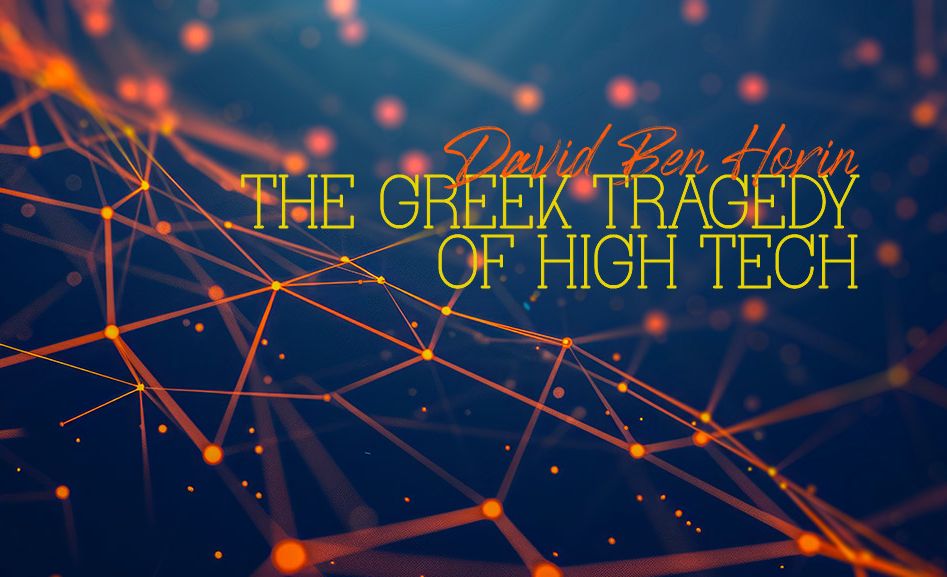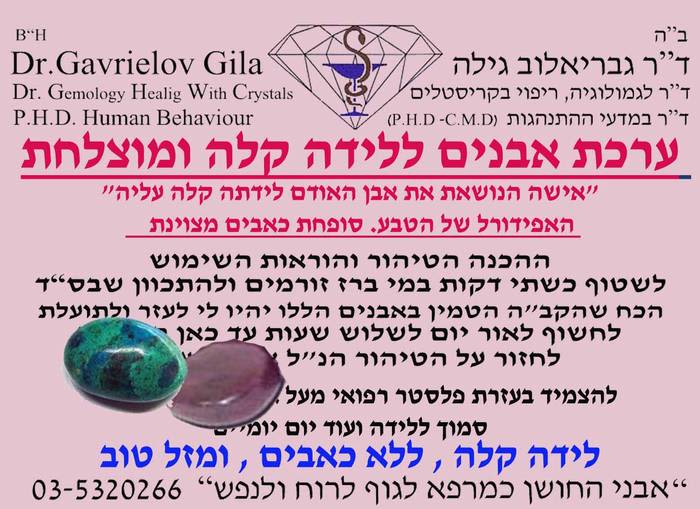
Hi-Tech and the Chofetz Chaim
If you don't have a smartphone, don't buy one; if you do have one, think about substituting it with a kosher phone; if you don't plan on buying a kosher phone, read this:

If you don’t have a smartphone, don’t buy one; if you do have one, think about substituting it with a kosher phone; if you don’t plan on buying a kosher phone, read this:
We marvel about the driverless car, but the car itself was invented in the 1800s. We marvel about wireless smartphones, but both wireless and telephones were developed right before World War I. Technology really got legs in the late 19th century.
The great sage who bore witness to the initial transformation from an industrial world to a digital one was the Chofetz Chaim.
His insights about hi-tech are relevant to this day. According to the Chofetz Chaim, hi-tech is an emuna learning aid. To better internalize the principles of the First Commandment, G-d gave us the telephone.
To better understand how Hashem could actually hear all of our voices all of the time, G-d brought into the world a device that can enable any of us to hear someone talking from thousands of miles away. If we could hear someone speaking lashon hara (slander) the other side of the planet, surely Hashem could hear it as well. If we could talk with more than one person on the phone, and hear voices from people in different cities countries and oceans apart, surely Hashem can hear everyone, everywhere.
Recording devices serve the same purpose. A video camera or a tape recorder takes all of our actions and replays it for all to see. Rabbi Yossi Mizrachi brings down a story of a wedding where it was discovered that all of the checks that were given as gifts were stolen. The police advised them to watch the wedding video and look for clues.
The camera caught on film someone taking the money. When confronted, he saw the video and promptly  fainted from the embarrassment.
fainted from the embarrassment.
Pirkei Avot warns us:
Contemplate three things, and you will not come to the hands of transgression: Know what is above you: a seeing eye, a listening ear, and all your deeds being inscribed in a book. (Avot 2:1)
To reinforce this concept, Hashem gave us new technologies so we could digest this with our basic senses. In our generation, Hashem gave us some of the greatest tech tools of all: social media and smartphones.
What purpose do they serve? Thirty years ago you got your news from the paper. You read it on the way to work, and you got your fill. Today, times have changed. Any subject you want to know about you can have broadcast into your mind every moment of the day.
Are you interested in Israel? Join a few pro-Israel groups on Facebook and Twitter. Set your smartphone to beep every time an Israel related article, video, or even social media post is made available online.
As long as your smartphone stays in your pocket, which is usually every waking moment of the day, you will be glued to a constant feed of everything that is going on in Israel. Hundreds of articles, thousands of likes, comments, and shares about people’s opinions from around the world. Pretty soon, you will know everything there is to know about the Jewish State. Through this nonstop barrage of information, you may be even more connected to Israel than you are right now.
That’s the lesson Hashem is teaching us. To transform ourselves completely to what we are thinking about by bombarding ourselves with a constant flow of information and learning about it.
What if we set our smartphones to G-d? What if we only joined social media groups that gave lessons in Torah? What if our phones would only alert us when there was a post about a new insight on a Rashi, or an emuna analysis on this week’s Torah portion?
If we were to make our smartphone a virtual yeshiva, we would be walking the halls of the Beit Midrash even as we sipped our latte in the local mall.
We would be connected to G-d nonstop. All of our thoughts, feelings, dreams, and desires would be tied to Hashem and His Torah.
This is what Hashem wants from us. There was a time, not long ago, where every Jew spent as much time as he could praying, learning, and improving his character traits to come closer to Hashem. It was all he wanted in life.
Times have changed. Distractions have proliferated, and intensified. Still, the true purpose in life has not. Today, Hashem gives us tools to virtualize the experience of dedicating our entire being to Him — just so we could simulate how it’s possible.
He is everywhere at all times, giving us the answers before we even know what questions to ask.











Tell us what you think!
Thank you for your comment!
It will be published after approval by the Editor.